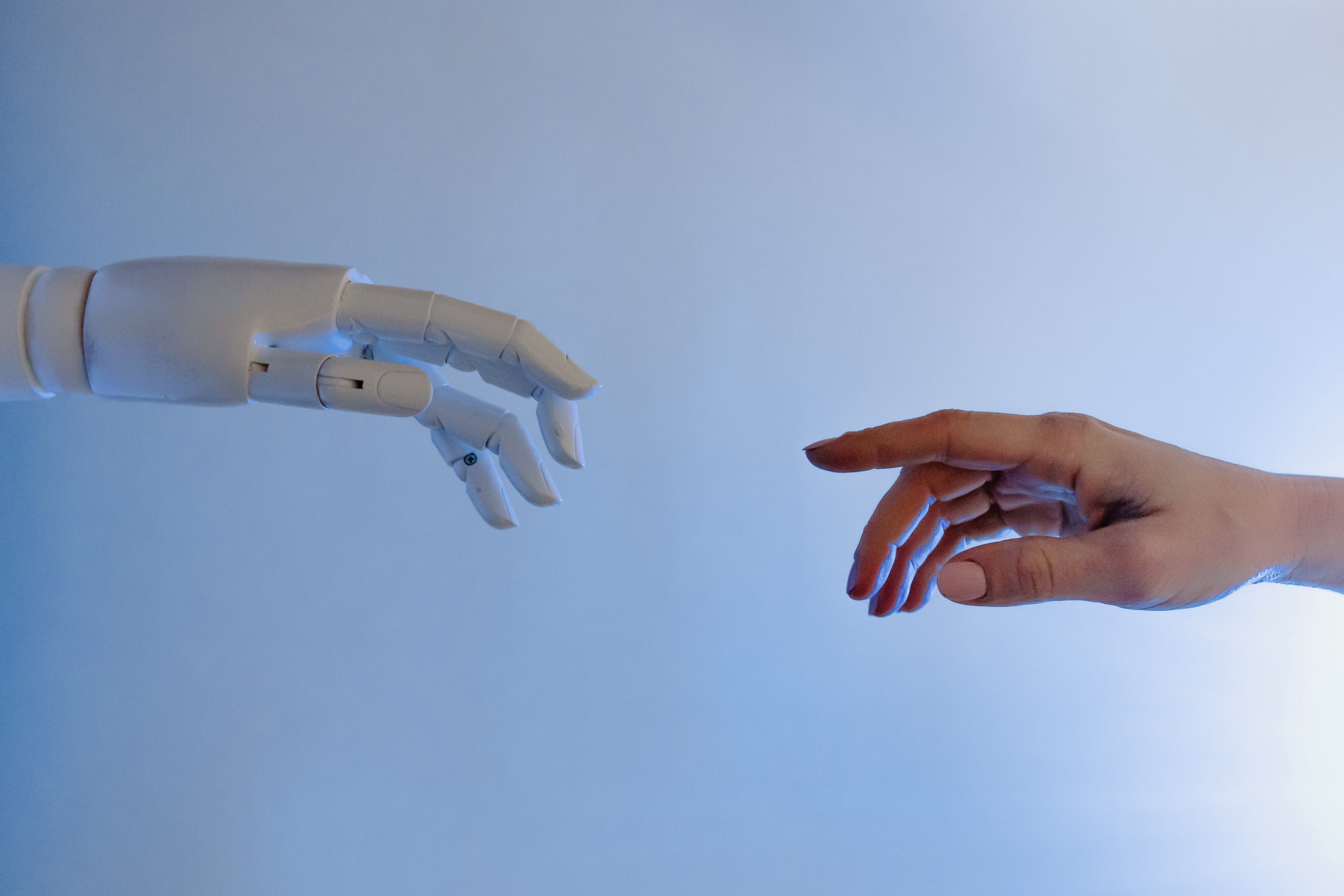What is Artificial Intelligence?
Artificial intelligence (AI) is fast evolving, from Siri to self-driving automobiles. While AI is frequently depicted in science fiction as humanoid robots, it can be referred to anything from Google’s search algorithms to IBM’s Watson to autonomous weapons. In this blog, we discuss the importance of Artificial Intelligence safety.
Today’s artificial intelligence is referred to as narrow AI (or weak AI) since it is built to execute a certain purpose.
Why Should You Be Interested in AI Safety Research?
In the short term, the goal of limiting AI’s negative influence on society stimulates study in a variety of fields, ranging from economics and law to technological concerns like verification, validity, security, and control. While it may be a small annoyance if your laptop crashes or is hacked, it becomes even more critical that an AI system accomplishes exactly what you want it to do.
Whether it’s in charge of your automobile, airline, pacemaker, automated trading system, or electricity grid. Preventing a deadly arms race in lethal autonomous weapons is another short-term challenge. In the long run, a key question is what will happen if the drive for strong AI succeeds and AI systems outperform humans in all cognitive tasks?
How AI Can Be Dangerous?
Some argue that strong AI will never be realized, while others argue that the development of super-intelligent AI would always be good. However, we acknowledge both of these possibilities and the potential for an artificial intelligence system to wreak significant harm, whether intentionally or accidentally. We believe that today’s studies will help us better prepare for and deal with the future.
Most scientists think that a superintelligent AI is unlikely to experience human emotions like love or hatred and that there is no reason to believe that AI will become purposely good or bad. Instead, scientists believe that two scenarios are most plausible when it comes to AI becoming a risk.
The AI is designed to perform something good, but it devises a damaging strategy to accomplish its goal. This can happen if we don’t fully connect the AI’s goals with our own, which is difficult. If you task an intelligent car with the duty to drop you at the airport as fast as possible, it may get you there by driving at a speed that is dangerous for you and other drivers on the road. The intelligent technology is just doing its task, not what you intended but what it was programmed to do. As these examples show, the main issue concerning advanced AI is competency rather than malice. A super-intelligent AI will excel at achieving its objectives, and if those objectives aren’t the same as ours, we’ll have a problem.

Leave a Reply